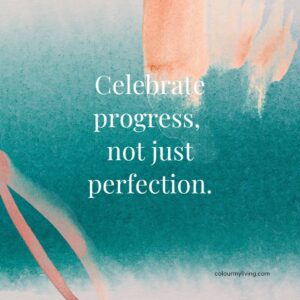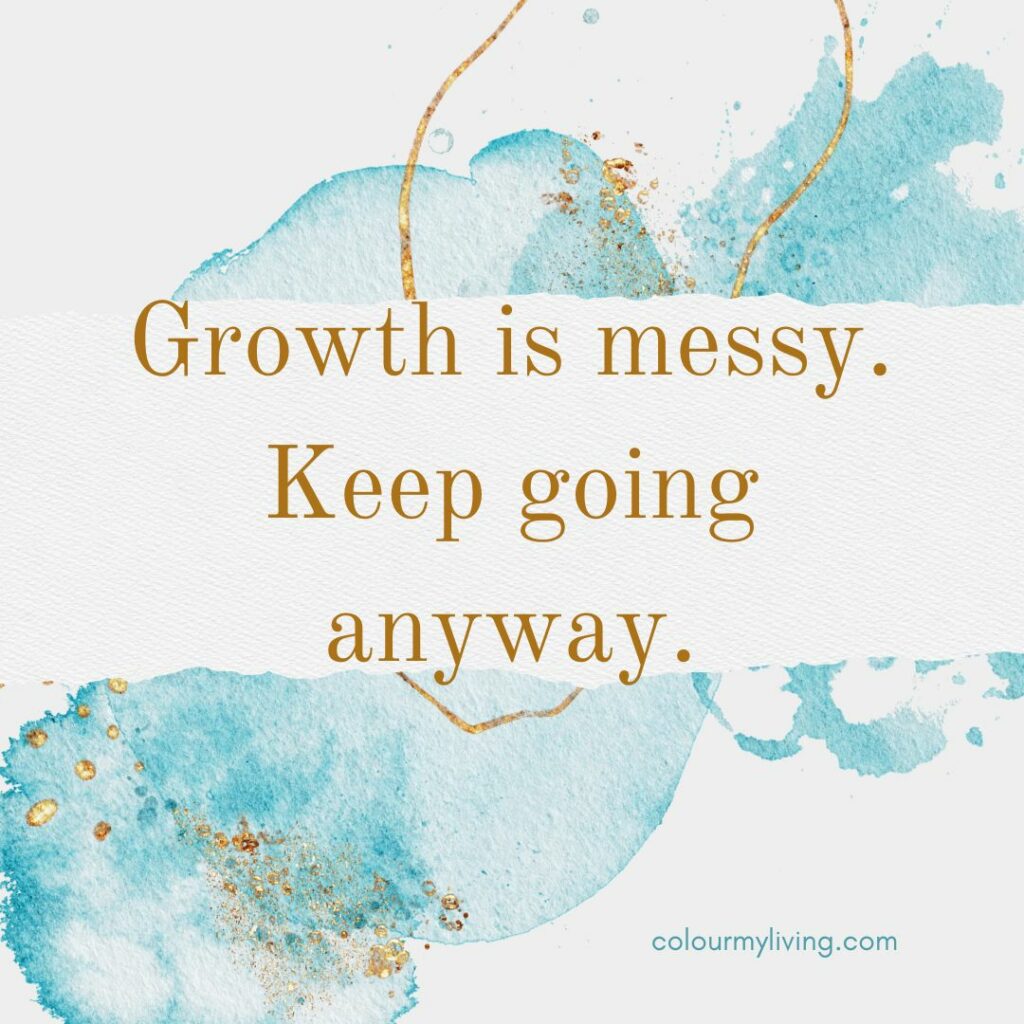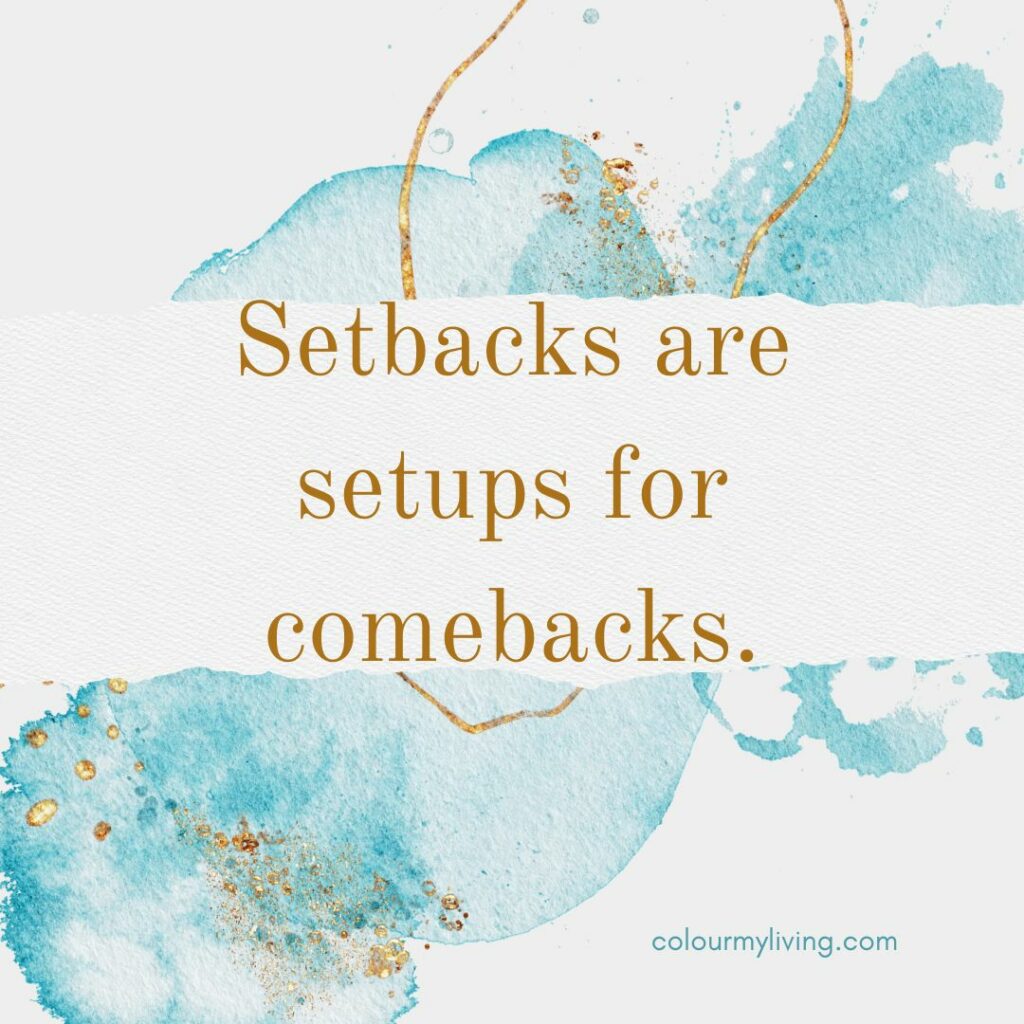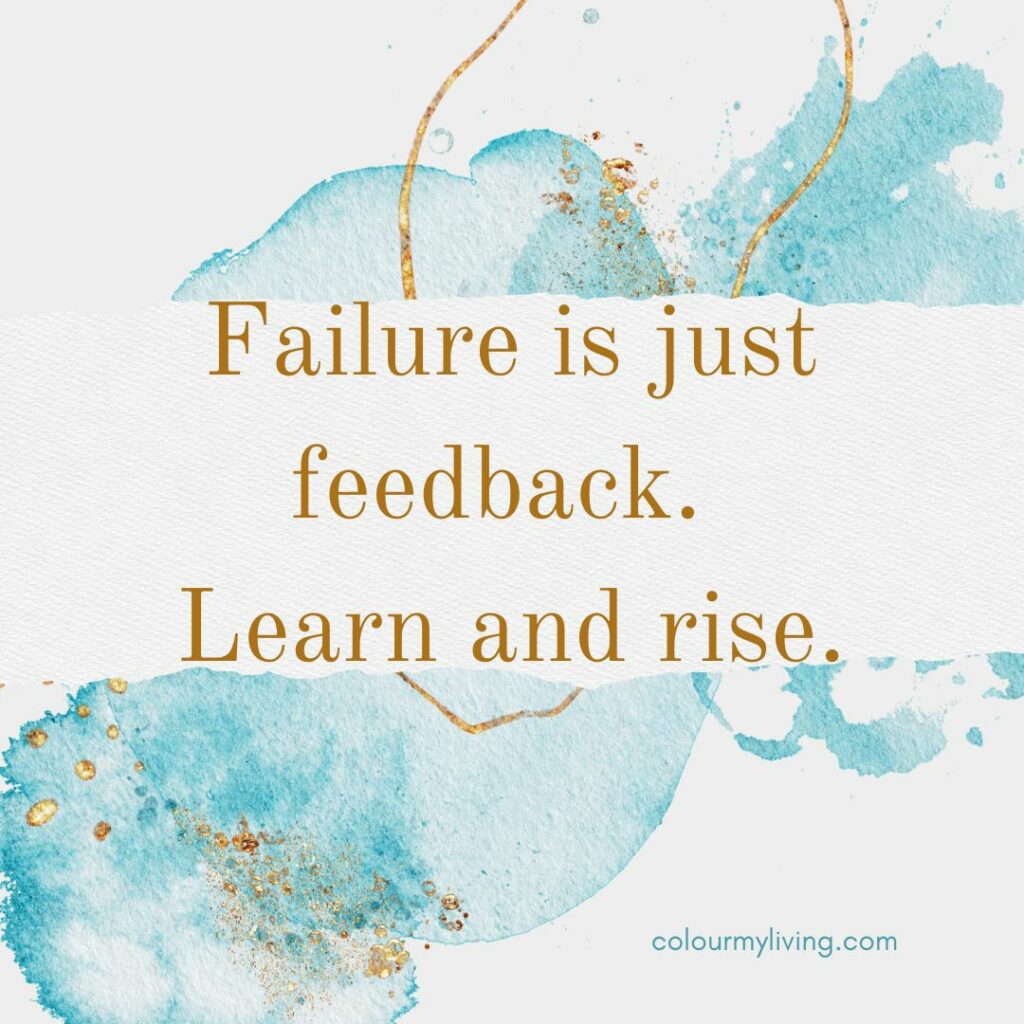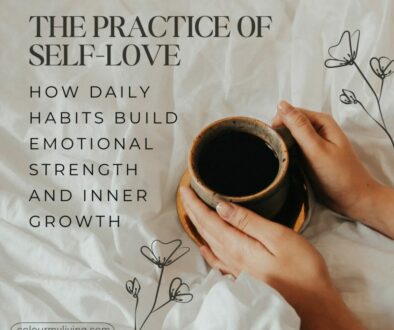How to Set Realistic and Meaningful Goals That Align with Your Personal Values
Setting goals is often seen as the key to progress, but not all goals lead to genuine fulfillment. Many people chase goals based on societal expectations, external pressures, or comparative rather than personal aspirations. Unfortunately, despite the outward appearance of success, often the pursuit of status, financial success, or traditional markers of achievement can leave a sense of emptiness rather than fulfilling satisfaction.
How to set goals for lasting fulfilment and success
For goals to bring lasting fulfilment, they need to come from a deeper place. Goals that are aligned with personal values, an inner calling and a sense of contribution will feel inspired, purposeful, motivating, and achievable; even if challenging. Instead of striving for perfection or measuring success by rigid standards, goals that reflect individual priorities create a sense of clarity and direction. These types of goals encourage steady step-wise progress rather than overwhelming expectations.
In this article, we explore how to set goals that are meaningful and inspired yet allow space for growth and development. By identifying what truly matters, recognising effort rather than only outcomes, and viewing setbacks as opportunities to learn, goal-setting becomes a continuously exciting and empowering practice rather than purely a stressful pursuit of success as defined by society.
Setting Realistic and Meaningful Goals That Align with Personal Values
Why This Matters
Many people set goals based on external influences and pressures rather than personal fulfilment. They may pursue a career path because it is considered prestigious, aim for financial milestones that society places greater value on, or adopt lifestyle goals that are shaped by comparison with others rather than genuine personal desire or self-interest. However, true inspiration, inherent motivation and long-term success will stem from setting goals that align closely with your personal values, aspirations, and your own special and unique definitions of fulfilment.
The pursuit of unrealistic goals can often lead to frustration and discouragement. Expecting immediate results or aiming for perfection often creates unnecessary pressure, and a goal that is overwhelming from the very start is unlikely to be pursued with consistency. Instead, setting objectives that are both ambitious yet attainable will help to provide a clear sense of direction while allowing room for growth.
When our goals reflect what is truly important to us on a deeper level, they become deeply meaningful. There is an inherent sense of purpose in working towards goals that are meaningful to us. Rather than being driven by a fear of failure or a need for external or societal validation, these goals foster self enthusiasm and create a sustainable momentum. Achievements then become a natural progression rather than an exhausting pursuit.
How to Apply This in Daily Life
To ensure that your goals are personally meaningful, it helps to start with self-reflection.
Asking questions like “What is it that truly matters to me?”, “What kind of person do I want to become?” and “What would bring me a deep sense of fulfilment?” will often reveal whether an objective is aligned with your intrinsic motivation or whether that same objective is simply to fulfil what you perceive to be external expectations.
Once the intention behind a goal is clear, breaking it down into smaller, structured steps allows for steady progress. When an objective feels too large, it can be difficult to know where to begin. By outlining smaller incremental actions, each step forward feels manageable and will help to build confidence as you progress towards your goal.
It is important to keep in mind that flexibility is key. Life circumstances may change, and personal priorities may be different. Being able to adjust and account for your own goals based on new insights or being able to redefine your needs does not mean you are abandoning an ambition. Instead it helps to ensure that the path you’re on remains aligned with your evolving aspirations.
Keeping a written record of goals, whether in a journal or on a vision board, helps maintain focus and motivation. Regularly revisiting these goals serves as a reminder of their significance and keeps them at the forefront of decision-making.
Acknowledging Progress and Effort Rather Than Focusing Only on Outcomes
Why This Matters
There is often a tendency to measure success only by the final outcome rather than the journey it takes to get there. While achieving a goal is rewarding, dismissing the effort it required can lead to an endless cycle of chasing results without appreciating the personal growth that occurred along the way.
Recognizing progress fosters a sense of accomplishment and helps maintain motivation. Every step forward, no matter how small, contributes to the bigger picture. The journey toward any meaningful goal requires persistence, learning, and adaptability. Each attempt, whether successful or not, refines skills, builds resilience, and strengthens character.
When people focus solely on outcomes, they risk overlooking their own development. They may feel discouraged if the final result does not meet expectations, even if they have made significant improvements along the way. By shifting the perspective to include recognition of effort, there is an opportunity to celebrate progress rather than waiting for a single milestone to determine success.
How to Apply This in Daily Life
Acknowledging progress starts with actively reflecting on achievements, no matter how small. Keeping a record of personal growth—whether through journaling, voice memos, or simple reflection at the end of each day—creates awareness of improvements that might otherwise go unnoticed.
Rather than focusing only on what remains to be done, taking time to appreciate what has already been accomplished fosters confidence. Recognizing effort reinforces the mindset that success is not a single moment but an ongoing process.
Reinforcement can also come in the form of rewards or moments of self-appreciation. This does not necessarily mean external rewards but rather the ability to pause and acknowledge the commitment it took to reach a new level of understanding, skill, or discipline.
Practicing self-encouragement instead of waiting for external validation is another way to internalize progress. Speaking kindly to oneself and appreciating hard work builds an internal sense of motivation. Learning to say, “I am proud of how far I have come” instead of waiting for someone else to say it can shift self-perception and reinforce personal worth.
Sharing progress with trusted friends, mentors, or a support network can also add to the sense of achievement. Conversations that focus on growth, learning, and experiences create a positive feedback loop and provide encouragement to keep going.
Reframing Setbacks as Stepping Stones Toward Growth
Why This Matters
Setbacks are often seen as obstacles that prevent progress, but they are actually an essential part of personal development. Every challenge offers valuable lessons, providing opportunities to adjust strategies, refine skills, and strengthen emotional resilience.
When setbacks are interpreted as failures, they can create discouragement, fear, and reluctance to continue pursuing goals. However, viewing challenges through the lens of learning shifts this perspective. Each experience, even those that do not go as planned, contributes to wisdom and adaptability.
Understanding that difficulties are a natural part of any journey allows for a more constructive response. Rather than being seen as an endpoint, setbacks can become turning points that lead to deeper insight and better strategies for moving forward.
How to Apply This in Daily Life
One of the most effective ways to reframe setbacks is by changing the language used to describe them. Instead of saying, “I failed,” it helps to say, “This didn’t go as expected, but here’s what I learned.” Shifting the narrative from defeat to discovery changes the way challenges are processed.
Taking time to analyze setbacks without self-judgment can reveal useful patterns. Reflecting on questions like “What contributed to this challenge?”, “What adjustments can I make moving forward?”, and “What strengths did I develop through this experience?” helps turn difficulties into lessons rather than roadblocks.
It is also beneficial to recognize that many highly successful individuals have faced significant setbacks before achieving their goals. Writers, inventors, artists, and entrepreneurs often encounter repeated rejection or failure before finding success. Their perseverance demonstrates that setbacks are not indicators of unworthiness but rather part of the journey toward mastery.
Viewing setbacks as stepping stones involves actively applying what has been learned. Making adjustments, refining strategies, and continuing forward with newfound knowledge creates a cycle of growth. Each challenge faced and overcome builds confidence in the ability to handle future obstacles.
Practicing self-compassion during difficult moments is equally important. Encouraging oneself with the same kindness and patience that would be offered to a friend fosters emotional resilience. Allowing space to process emotions without self-judgment makes it easier to move forward with clarity and determination.
Another way to reframe setbacks is by adopting a mindset of continuous improvement. Rather than seeking perfection, embracing lifelong learning creates an openness to growth. Every experience, whether smooth or difficult, adds to overall understanding and prepares for future challenges.
Developing resilience in the face of setbacks does not mean ignoring difficulties or minimizing struggles. It means acknowledging them, learning from them, and using them as fuel to continue progressing. Over time, this approach builds a foundation of self-trust and a belief in one’s own ability to adapt and succeed.
Final Thoughts: Embracing a Mindset of Growth and Self-Appreciation
Setting goals that reflect personal values creates a sense of direction and motivation. Recognizing effort and progress reinforces the idea that success is a journey, not a single moment. Viewing setbacks as learning opportunities allows for continued resilience and adaptability.
Each of these practices contributes to a self-growth mindset—one that embraces challenges, acknowledges effort, and remains committed to evolving over time. By integrating these approaches into daily life, personal fulfilment and long-term success become attainable, sustainable, and deeply rewarding.





